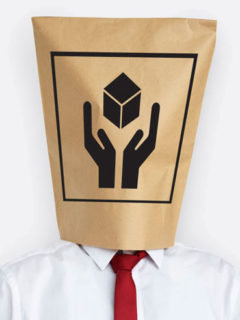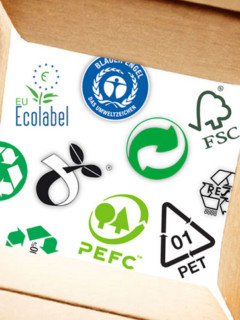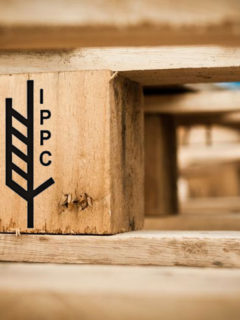How do you wash your hands? And do you do it often enough? Time and again, studies prove that hand washing is one of the most important measures to combat the spread of infectious diseases. No superfluous luxury when you consider that around 80% of all infections are transmitted purely via the hands. Here, we take a look at why hand hygiene is so important now and how best to, erm… get to grips with it.
1. Why do you need to wash your hands?
Our hands are our gateway to the world. We touch hundreds of objects with them every day: door handles, handles, smartphones, etc. Not to mention the many hands we shake. Through our hands, millions of microbes are transported that way. Usually they are harmless hitchhikers, but from time to time there can also be vicious bacteria and viruses among them. Flu viruses – including coronavirus – are examples of this1.
What effect does washing with soap have on the coronavirus, for example? For this, we need to take a diversion past the kitchen and add a greasy frying pan. Rinsing the pan with water alone often does not get the grease off. To get the pan really clean, you will need to add a dash of washing-up liquid to your water. The grease will dissolve like snow in the sun. We see the same thing with viruses. The coronavirus is surrounded by a cloak of fat. This allows it to easily attach itself to other greasy or moist surfaces like our hands, eyes, mouth, etc. The action of soap punctures and breaks down the fat mantle of the virus. As a result, the virus can no longer do its job properly. Checkmate!
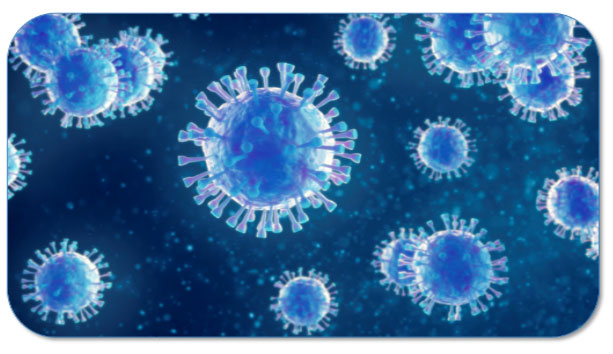
2. When should you wash your hands?
Washing your hands with soap and water is recommended in these cases2:
- When they are visibly dirty.
- After every visit to the toilet.
- Before every meal.
- Before preparing food.
- Before using medicines or cosmetics.
- After sneezing or coughing.
- After blowing the nose.
- After contact with animals.
- After contact with waste.
- After shopping, using public transport, etc.
- At the beginning and end of your work shift.
3. Which soap is suitable?
Before we explain how to wash your hands, let’s talk about soap. Because not every soap is recommended… The outer layer of our skin, the epidermis, is very thin. As an extra protection against bacteria and fungi, our skin therefore has an acid mantle. Excessive hand washing with, for example, hot water and soaps with lots of fragrances damages this mantle. It is therefore recommended to use soaps with a neutral pH value (=7), without too many bells and whistles.
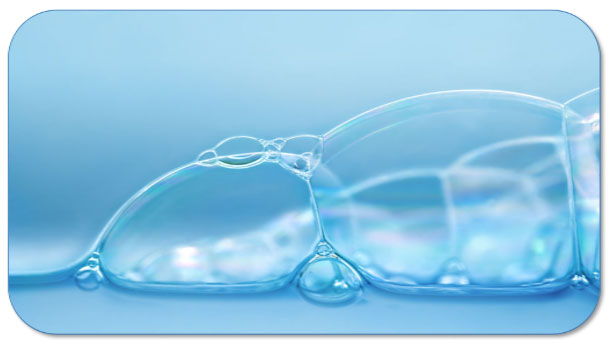
4. How should you wash your hands?
And now on to the washing itself. As a rule of thumb, wash your hands at every turn for at least 40 to 60 seconds3. For best results, it’s best to follow these five steps:
- Moisten your hands with cold or lukewarm water.
- Soap your hands thoroughly. Liquid soaps are more hygienic than cubes of soap, especially in public washrooms.
- Gently rub the soap into all areas, leaving enough time to soak in (see figure below).
- Rinse your hands under running water and remove all soap residue. In public toilets, use a disposable towel or your elbow to close the tap.
- Finally, dry your hands carefully, including the spaces between your fingers. Microorganisms survive better in a moist environment. Drying your hands is therefore as important as washing them. Paper towels in a protective dispenser are most recommended.
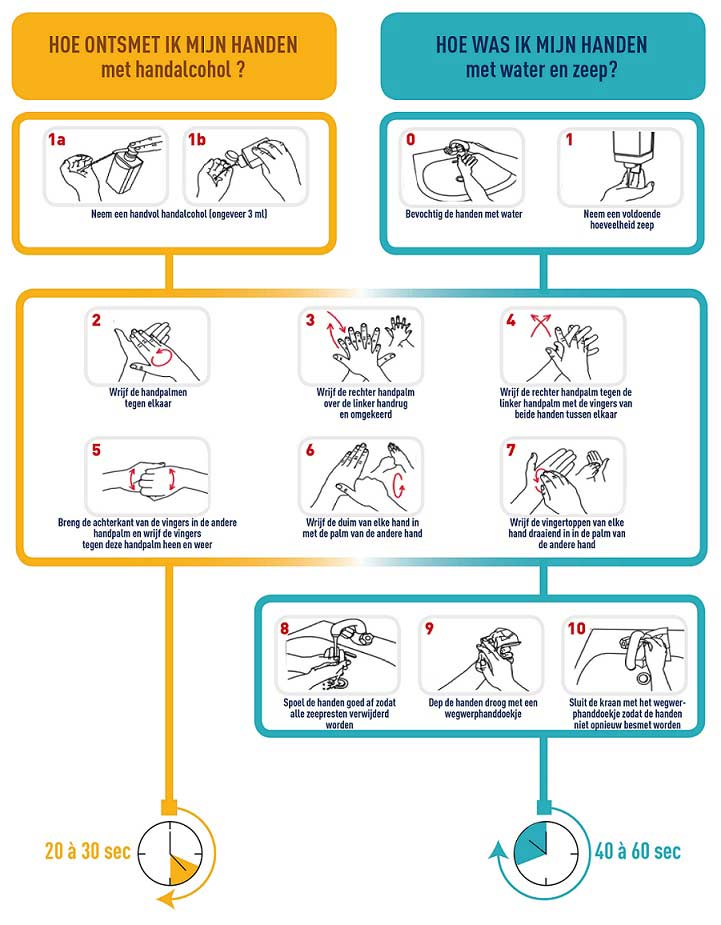
5. Does alcohol gel help for good hand hygiene?
No water at hand? Then consider cleaning your hands with alcohol gel. Besides taking less time, alcohol gel also prevents our hands from drying out4. To be really effective, the gel should contain at least 70% ethanol. When combating a virus, hand gel does almost the same thing as soap: the fat mantle around the virus is broken down by the alcohol, putting the virus out of action5.
After going to the toilet and before preparing food, alcohol gel is less effective or even inadvisable. When it comes to hand hygiene, water and soap still remain our best partners in crime against bacteria and viruses.
View RAJA’s range of soap and paper towels hereSources:
1 www.rajapack.de/verpackungsnews/haendewaschen
2 www.rivm.nl/hygiene/handen-wassen
3 www.zorg-en-gezondheid.be/hier-dragen-we-goede-hygi%C3%ABne-op-handen
4 radio2.be/articles/not-every-antibacterial-hand gel-has-use-there-should-be-minimum-70-ethanol-in it
5 wibnet.co.uk/human-body/how-hand gel works











